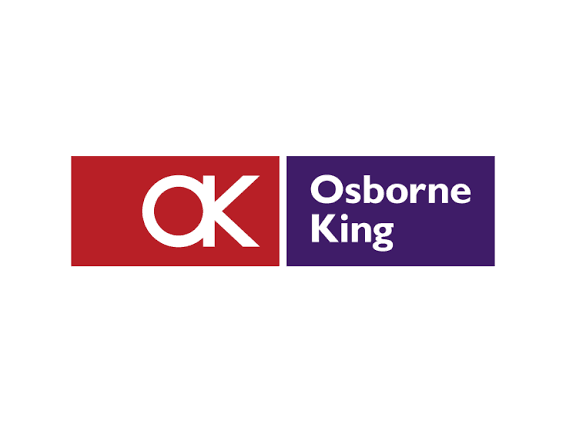How to use tech to create a full house
“Best service is no more than a mouse click away.”
Today’s generation of rental residents know what they want and are prepared to pay for the right accommodation and services. But to achieve those standards, residential property managers and investors must understand that their assets are more than numbers on a spreadsheet; in order to achieve a fully occupied apartment complex, they need detailed knowledge of resident needs, long-term planning and appropriate service levels.
One of the key factors residents consider when deciding to renew tenancies is quality of customer service. A recent survey by Engage found that poor communication and taking too long to resolve property issues are among the major frustrations reported by private sector tenants in the UK. Customer service can be dramatically enhanced by using property management software to effectively manage, monitor and communicate with residents.
Technology is increasingly being used as a key differentiator, with the best systems accommodating functionality that improves long term customer relationships. The opportunity technology offers for transforming residential property management to enhance value, service and experience is huge; with the right software, residential property can even match the service levels of the best hotels.
Widespread adoption would represent a huge step change with instantly measurable impacts for the customer experience.
Automation and convenience
Automation of billing and other communication, in line with industry best practice, removes the need for paper-based, manual intervention. This helps cut debt by enabling effective credit control and improves service charge management.
Property management software also enables a 24-hour, self-service culture. Resident portals can accommodate online concierge facilities, amenity bookings such as gym or pool usage, and desirable services like restaurant bookings, tickets or car parking. Systems can also include a responsive maintenance team and convenience offerings such as cleaning services.
This ensures the best service is no more than a mouse click away, keeping even the most demanding residents happy. It can either be done on an all-inclusive basis or for an additional charge, both of which can be accommodated in the software.
Place and community
Property management software allows residential managers to create communities that people want to live in. In a recent survey by property service provider, LOFT, 78% of residents said they “did not know their neighbours”, while 72% said they wanted to do so, suggesting a major unfulfilled need.
A property management system should include a resident portal to foster an increased community experience, delivering offers and promotions from local businesses, online forums and social media groups, and even events.
Smart living
User-defined, smart applications also have the potential to transform the resident experience, offering virtual concierge, security, and sustainability apps to control heating and lighting via smart sensors and thermostats. It is something customers are now demanding, as evidenced by LOFT’s recent survey2, which showed 66% of respondents wanted SMART controls. The latest property management technology can help meet these increasing digital demands.
In short, a human-centric approach to property management is needed in the residential sector, and the most successful businesses in this space will be those who can identify and harness the latest software solutions to improve services for customers.
Osborne King: Instinctive excellence in property
Osborne King is a leading Northern Irish real estate services company specialising in commercial property consultancy in the UK and Ireland. Focused on delivering tailored property solutions to an increasingly diverse range of clients that inc…
